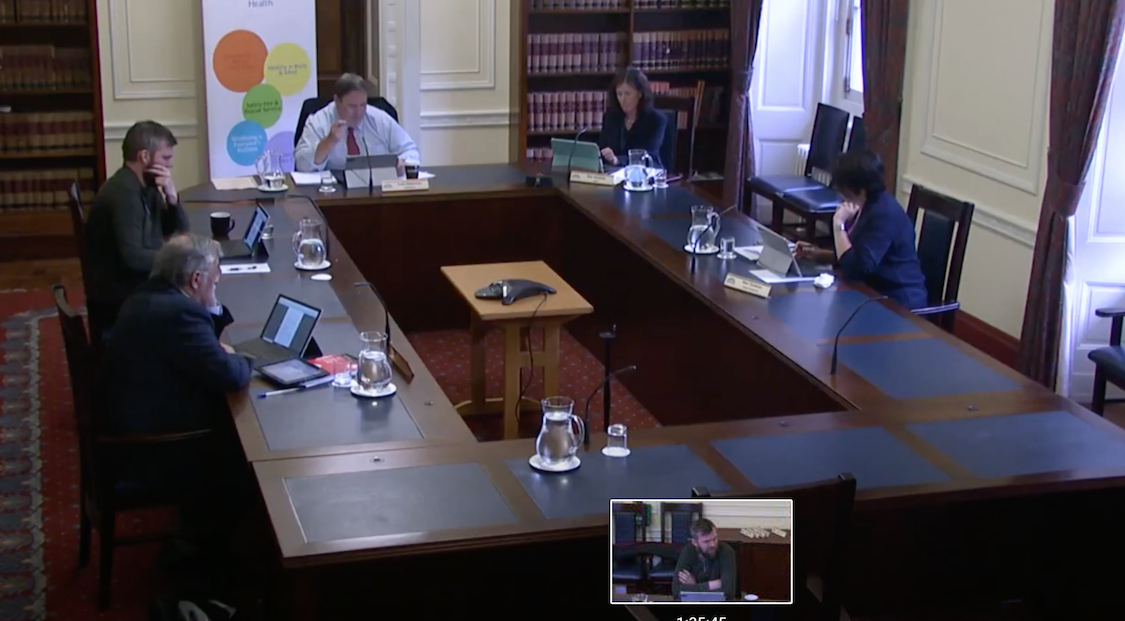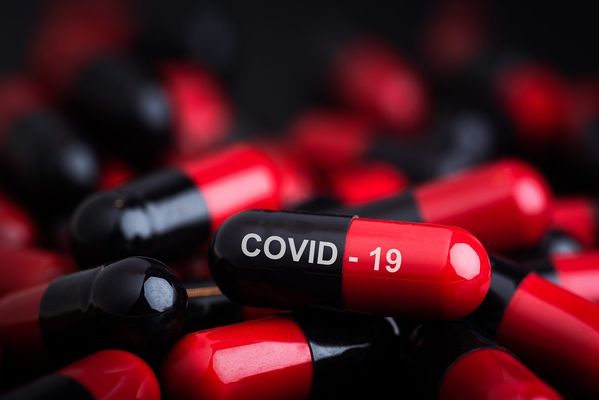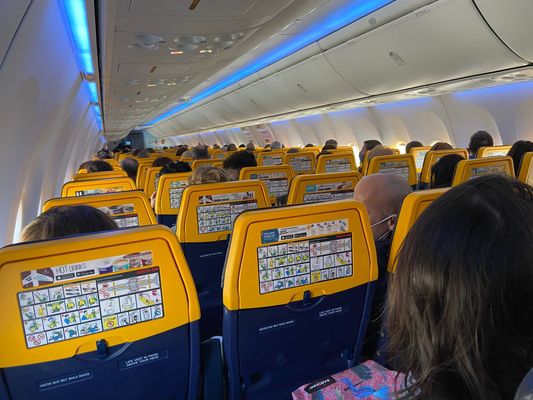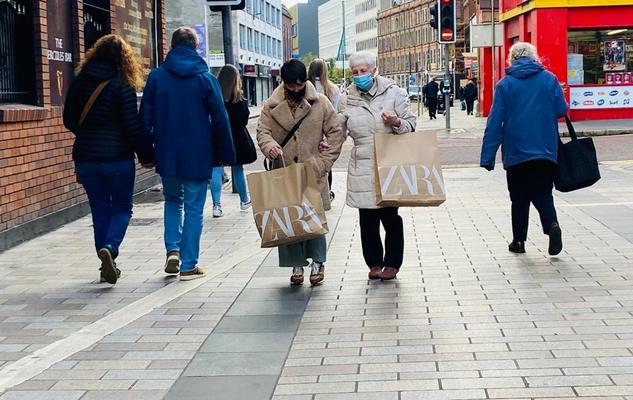The Health Minister and the Chief Scientific Officer to the Department of Health were before the Stormont Health Committee on Thursday. Robin Swann stated that this was his sixth attendance at the health committee and he had also attended three Ad-Hoc Committee meetings about Covid-19.
Whilst deaths were down he did not want complacency around R > 1. and the advice was still to wash hands. Contact tracing was back underway. The health service would need to be remodelled focusing on screening and elective care. They would have to repurpose, maintain and be ready for any further surge. There would have to be Rapid Learning and Chief Nursing Officer would respond in relation to patients, monitoring, infectious control, the scale and impact. A steering group would have representatives of independent sector and professionals. What could have been done will be looked at.
Ian Young is Chief Scientific Advisor to the Department of Health. He introduced himself as a clinical lab diagnostician in nutrition and lipids and a professor of medicine for 20 years. He had been director of Centre for Public Health at QUB, CSA since 2015 and part time R&D, Head of Professional Healthcare Scientists, but had been off sick till the end of March 2020.
He was a full participant on SAGE for Northern Ireland and could ask questions as minutes would indicate. He was unable to attend SAGE on 12-13 March due to illness.
A policy decision was made by SAGE that there was to be no more testing despite a large demand — maybe due to global shortage of test materials and labs as there were thought to be too many cases. It was felt that SAGE may have been influenced by the British PM's COBRA security committee.
It was stated that the lockdown had been effective here since mid-March and the Health Department and Public Health Agency now had capacity for Test, Trace and Protect.
Those who are symptomatic should now have the test in under 48 hours under Trace, Test and Protect and should self-isolate for 14 days.
The transmission rate was R 0.8 -1.0 and is now being calculated once per week on Thursday-Friday.
https://www.facebook.com/GerryCarroll4WestMinster/posts/10158282719642192
Under contact prevalence it was said there were 300 cases with 10 contacts per case. 102 reassigned contact tracers from PHA, Health trusts, environmental health officers, 20 retired nurses who had been assistant directors of nursing or ward sisters, four retired doctors and all under a health protection consultant.
Colin McGrath (SDLP) asked about ethnic minorities who were at high-risk, particularly the Bangladeshi community, and asked what was being done to shield them from high risk areas. There was discussion of north-south Apps and Robin Swann stated that these were being discussed at Taoiseach level. Flights to Dublin airport were discussed given the need for port health.
@niahealth Chair @GildernewColm on today’s committee business - Domestic Abuse and Family Proceedings draft report and briefing on Medicines & Medical Devices legislation. pic.twitter.com/59aQ5A4kuF
— niahealth (@niahealth) June 4, 2020
Alex Easton (DUP) raised the crowd scene at Crawfordsburn and Paula Bradshaw (Alliance) aired the plight of disabled families. Gerry Carroll (PBP) raised Care Homes in light of the BBC ‘Spotlight’ programme and the history of Runwood Homes.
Pam Cameron (DUP) raised the need for a nuanced approach to supermarket retailers. Pat Sheehan (SF) raised the folly of stopping testing on 12 March when transmission rates were high but Ian Young reiterated that he had been off sick. It was suggested that cases were greater than capacity.
The Minister mentioned how HSC had gone from being on strike in January to managing a pandemic in June.
The committee met in the afternoon to hear from Eddie Lynch, Commissioner for Older People. He mentioned the lack of PPE in the early weeks and the need for testing and the discharge of patients to care homes without a test. Testing was now to be twice per week. It was mentioned that in South Korea there were no care home deaths and these were not inevitable.
Colin McGrath mentioned the need to reflect and probe as it was obvious after Italy and Spain that action was needed but the eye had been taken off the ball. The committee agreed to meet again on 23 June.
Footnote: There is concern about the government use of recruitment and other firms from the private sector during the pandemic with a Baroness from ‘Talk Talk’ brought into run contact tracing in London. Nearer to home concern has been expressed about doctors from the British Medical Association earning up to £100 per hour in a Covid Unit in west Belfast when local doctors refused to do so. As the old saying goes...’it is an ill pandemic that blows nobody any good’
Dr Michael Donnelly MB, BCh, BAO is a clinical epidemiologist









